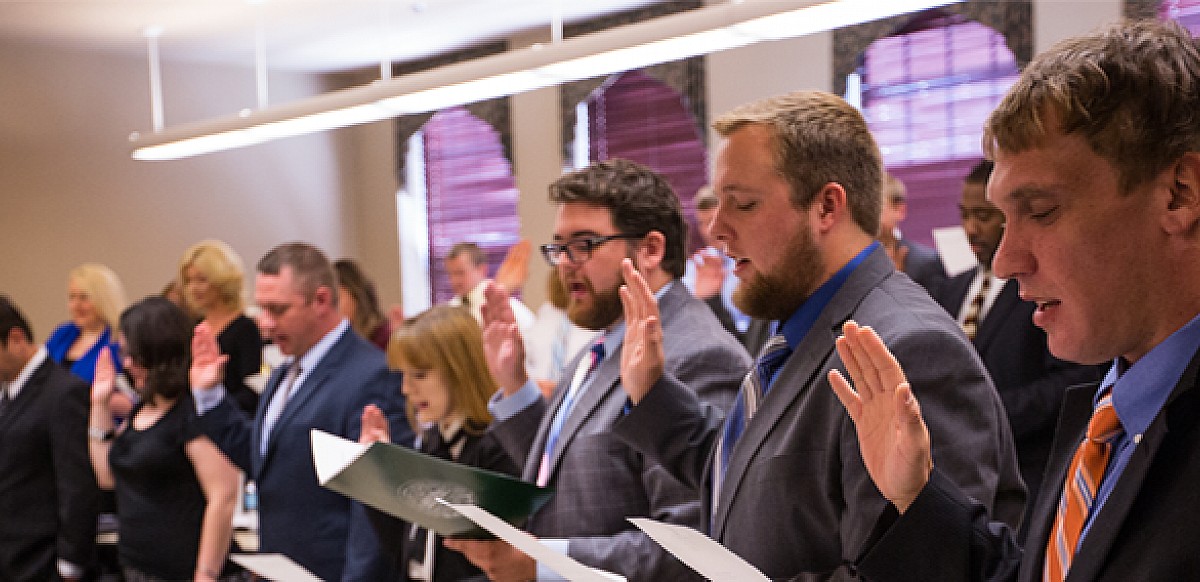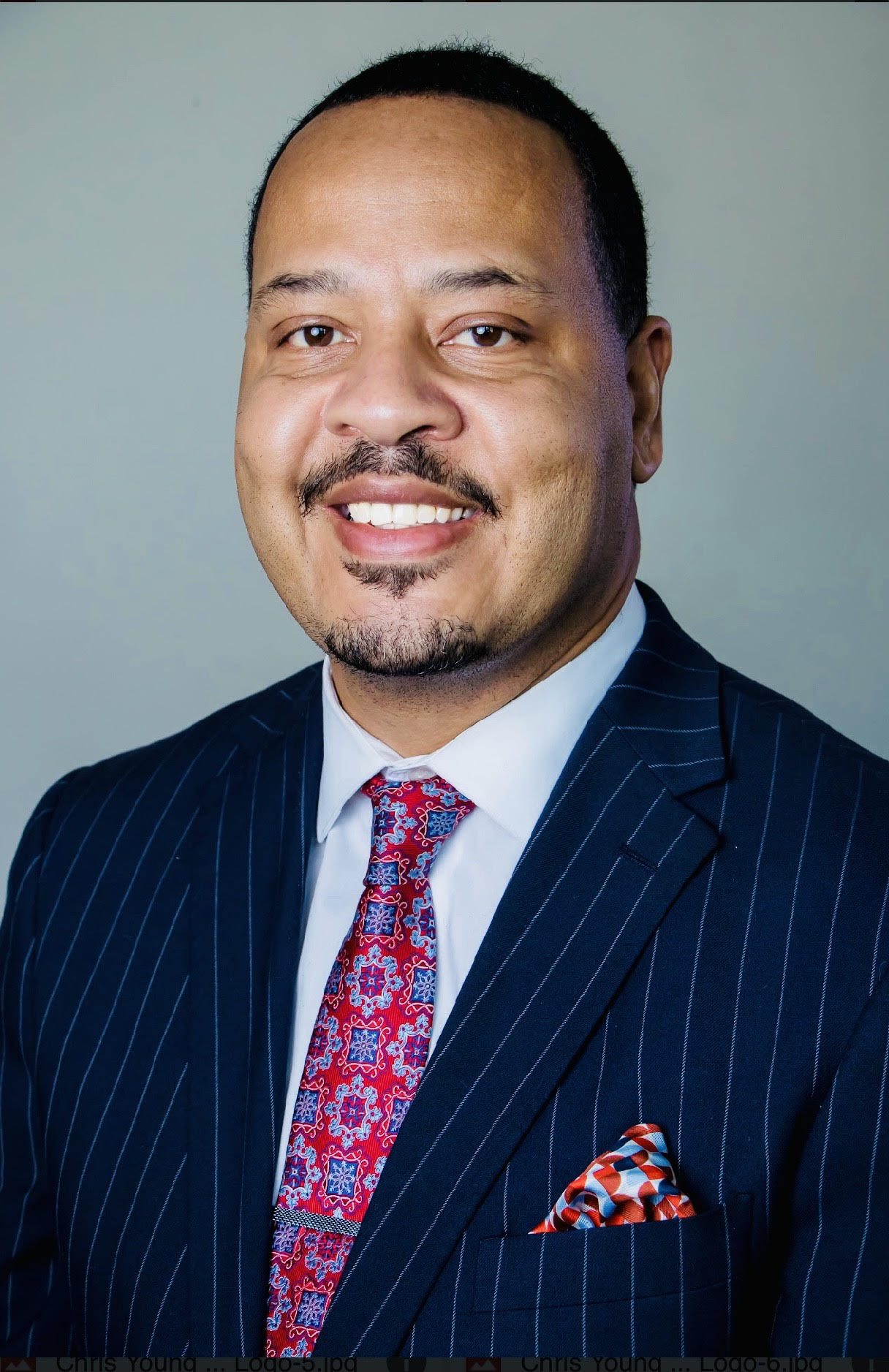By: Dawn Figueiras, Assistant Professor of Law, Associate General Counsel, Chair of the Curriculum Committee, Appalachian School of Law
A year ago, the Curriculum Committee of Appalachian School of Law (ASL) was diligently creating an Implementation Plan for complying with the ABA’s revised Standards 303(b) and (c). After adoption by ASL’s Faculty on August 16, 2022, the Plan was published in the first post of the Holloran Center Professional Identity Implementation Blog. One year later, we report on our progress.
Our Implementation Plan, to be deployed in academic year 2023-2024, included retention of several existing aspects of ASL’s curriculum, including administration of the Professionalism Oath to incoming students during orientation and participation in an Externship placement during the summer following 1L year with journaling to document experiences and self-reflections. Additions to ASL’s program included a new “Professionalism, Leadership, and Transition to Practice” (PLT) program designed, respectively, for 1L, 2L, and 3L students. Programs already scheduled for the upcoming Fall semester include a two-day visit by Virginia State Bar President Chidi James and a joint visit by executives of the Virginia Trial Lawyers Association and Virginia Association of Defense Attorneys who will conduct talks with 1Ls about professionalism and with 2Ls about leadership.
The Implementation Plan included re-working ASL’s 1L “Introduction to Community Service” course into “Building a Professional Identity,” which would focus on professional identity development, well-being, and incorporating community service/pro bono service into a law career. This new course will be included as a required 1L course beginning Fall semester, 2023.
One aspect of ASL’s Plan proved more difficult to implement. A visit to a federal court during/near orientation hasn’t been accomplished yet. But even though ASL couldn’t bring the students to a court, we brought a court to the students! In April 2023, ASL hosted a panel of the United States Court of Appeals for the Fourth Circuit for oral arguments, comprised of then-Chief Judge Roger Gregory, Judge Albert Diaz (now Chief Judge), and Judge Stephanie Thacker.[1] ASL students watched attorneys argue two civil cases and one criminal case before the panel, and had several opportunities for interaction with the judges and their clerks. Spring semester, 2024, will see ASL hosting the United States Court of Appeals for Veterans Claims for oral arguments, dinner with students and faculty, and a networking social event with the judges and their clerks.
ASL’s Implementation Plan called for faculty to incorporate aspects of revised Standard 303(b) and (c) into their courses whenever possible. ASL conducted a curriculum survey[2] of all full-time and adjunct faculty at the conclusion of Spring semester, 2023, for all courses taught during the 2022-2023 academic year. This survey included specific questions about the inclusion of activities, discussions, and exercises that provided opportunities related to revised Standard 303(b) (“to engage in thoughtful self-reflection on the development of a professional identity that utilizes the student’s unique aptitudes and capacities” or “PIF”) and 303(c) (“demonstrating the ability to effectively build professional relationships across racial and cultural differences and to engage in culturally competent interactions” or “cross-cultural competency”).
Of the fourteen required 1L courses, 50% reported already incorporating PIF elements (including Intentional Torts and Criminal Law), and 43% reported already incorporating cross-cultural competency elements (such as Introduction to Externships and Legal Process II). 66% of the six required 2L courses incorporated PIF (e.g., Constitutional Law II and Criminal Procedure) and 33% incorporated cross-cultural competency elements (including Constitutional Law I and Professional Responsibility). Of the three required 3L bar preparation courses, 66% incorporated PIF elements but none incorporated cross-cultural competency elements. The Implementation Plan anticipated that several elective courses would incorporate PIF and/or cross-cultural competency elements, but the survey revealed higher results than expected. Of the 40 elective courses surveyed, 24 courses (60%) incorporated PIF elements (such as Administrative Law; Conflicts; and Employment Law) and another 24 courses (60%) incorporated cross-cultural competency (e.g., Poverty, Health & Law; Marijuana Law; and Information Privacy Law); 23 courses incorporated both (including Family Law; Sentencing; and History of Race & the Law). Notably, of the eleven elective experiential learning courses, ten (91%) incorporated PIF (such as Criminal Practice and The Law of Starting a New Business) and nine (82%) incorporated cross-cultural competency (e.g., Estate Planning and Trial Advocacy).
Even before the full deployment of its Implementation Plan, ASL “provid[ed both] substantial opportunities to students for the development of a professional identity” and also “education to law students on bias, cross-cultural competency, and racism.” ASL is pleased with its progress on meeting revised ABA Standard 303, and looks forward to fine-tuning and fully-employing its Implementation Plan for even greater integration of PIF and cross-cultural competency into its J.D. program.
Should you have any questions or if you would like to discuss the implementation of ASL’s plan, then please contact me at dfigueiras@asl.edu.
[1] See https://www.ca4.uscourts.gov/oral-argument/oral-argument-calendar/earlier-court-terms.
[2] This Curriculum Mapping Survey was primarily designed to gauge how ASL is meeting its Learning Outcomes and secondarily to assess the curriculum’s readiness for the NextGen Bar Exam.

Dawn Figueiras is an Assistant Professor of Law, the Associate General Counsel, and Chair of the Curriculum Committee at Appalachian School of Law.



